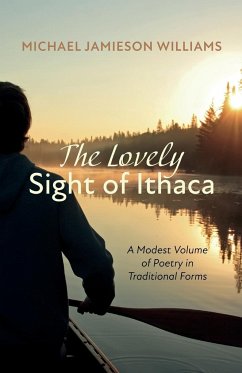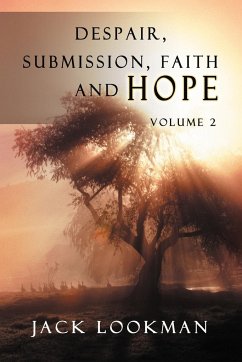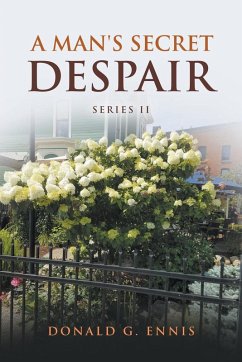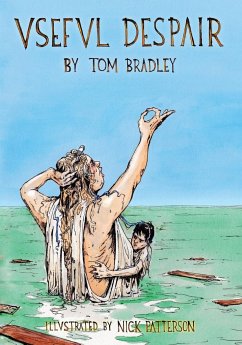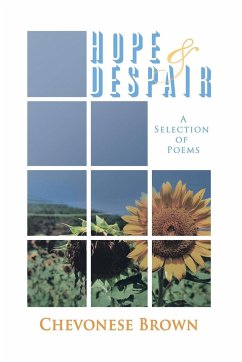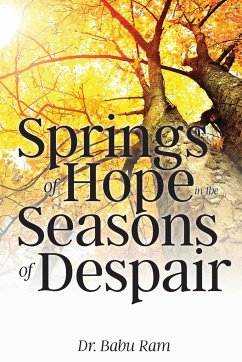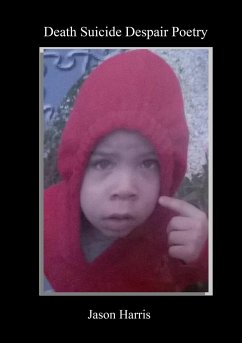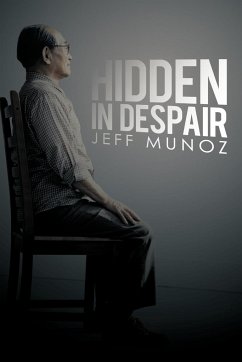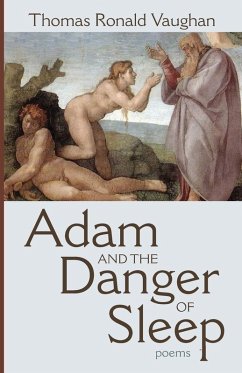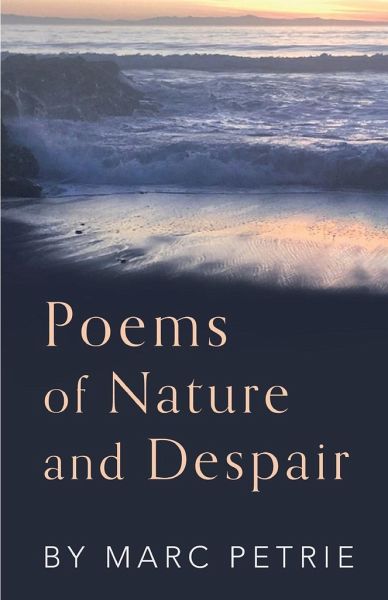
Poems of Nature and Despair
Versandkostenfrei!
Versandfertig in 1-2 Wochen
15,99 €
inkl. MwSt.

PAYBACK Punkte
8 °P sammeln!
In the introduction to Marc Petrie's Poems of Nature and Despair he states "I defy those who separate math and science from literature and art," as all true poets have, and will. And, like many of us, he had to "borrow" "a horn/from the fabulous/siren" for that which cannot be explained. Whether said in pride or humility, poets are usually at a loss to explain their craft. Watching his six-year-old son sleep, he wishes: "I would like to learn/how not to read." And the title of the poem is "Becoming truly literate." The paradox is only apparent, the reader understands. Unlike some other poets, ...
In the introduction to Marc Petrie's Poems of Nature and Despair he states "I defy those who separate math and science from literature and art," as all true poets have, and will. And, like many of us, he had to "borrow" "a horn/from the fabulous/siren" for that which cannot be explained. Whether said in pride or humility, poets are usually at a loss to explain their craft. Watching his six-year-old son sleep, he wishes: "I would like to learn/how not to read." And the title of the poem is "Becoming truly literate." The paradox is only apparent, the reader understands. Unlike some other poets, who use the word "nature" as pure flimflam, Marc Petrie's "Nature" in the title is amply justified. His evocations are so sharp and precise that I am tempted to call them "concrete evidence" or even "data:" In "Roaming the rooftops," we experience "the intense tapping of rain/against the red tiles." "On Santa Cruz Island , 2018," "[t]he eagle dives the length,/plunges talons into fish/to feed its young." In "Intimate Landscape," as one extensive example, 'brilliant light/just under the cloud/splits into/small spectral colors." Here we have the scientific gaze that is and has become pure poetry. But at the same time, it becomes transcendence, as in John Muir's writings. Petrie glorifies the nature of California: Big Sur, Yosemite, Santa Cruz Island, mesas and sierras, and the ever-present Ocean. And it is through nature, anchored in time and space, that the human element enters: both are tightly connected. In Poems of Nature and Despair, Petrie enacts the necessary human struggle from bitter human despair to ephemeral human delight. The poet, as in the Rilke he quotes, is Orpheus. For all we know, hell may be the Blue Grotto of Capri. Inner and outer world converge. In "Days of Awe," he writes: "I lean against the wooden fence/Silent as a cliff." Nature is not merely a "donnée" of the outer world, it is the soul itself. Marc Petrie is one of our most lucid and striking poets of landscape, natural and human, and for that we are grateful. -Margaret Saine, Board Member and Editor, California State Poetry Society, Days of Awe and The Cumsy Child (German Poems). She has published three books of poetry in English as well as six haiku chapbooks in five languages.



